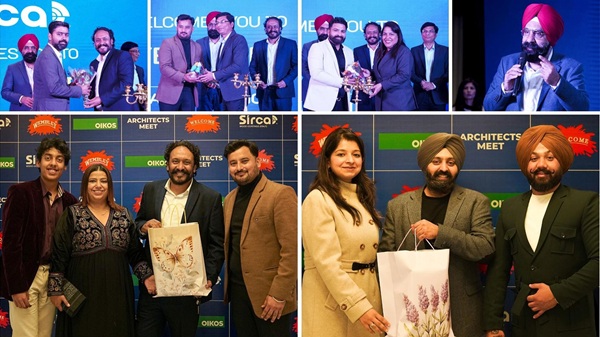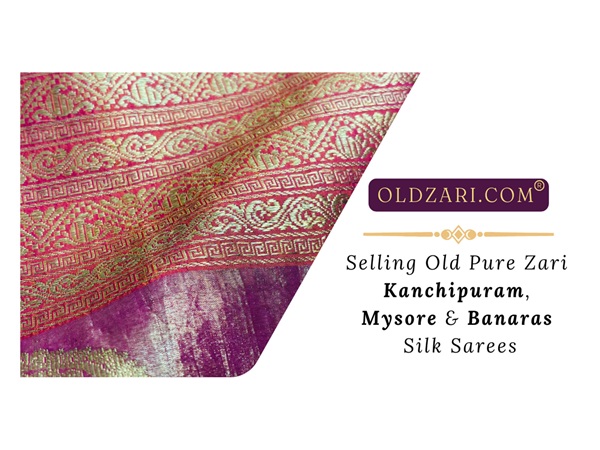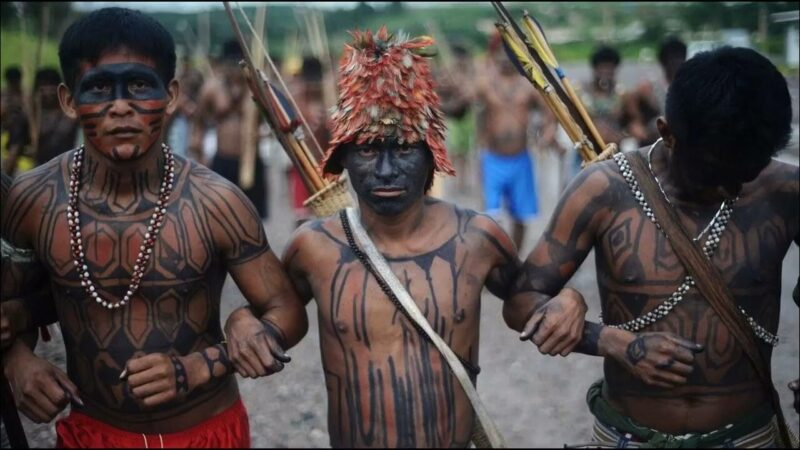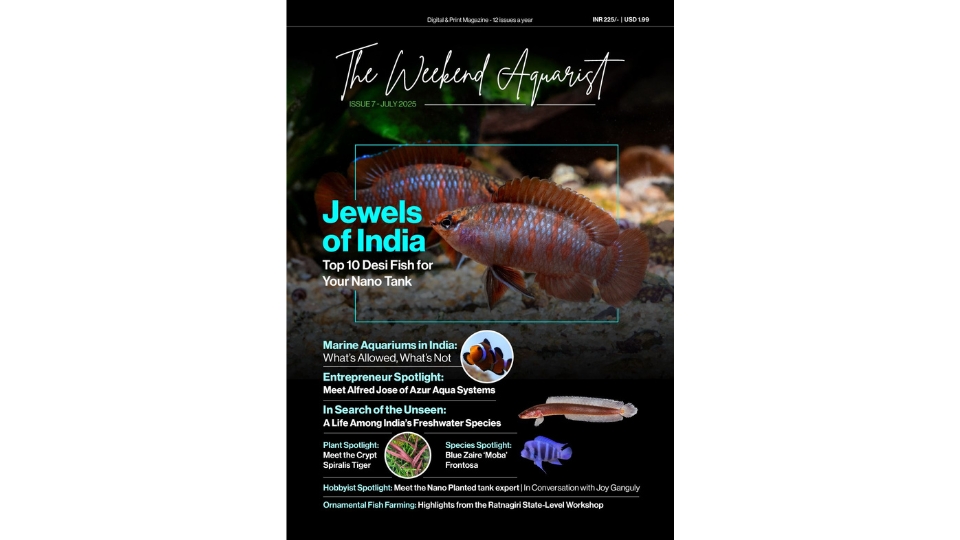How Modern Lifestyles Are Shaping and Preserving Ancient Cultures
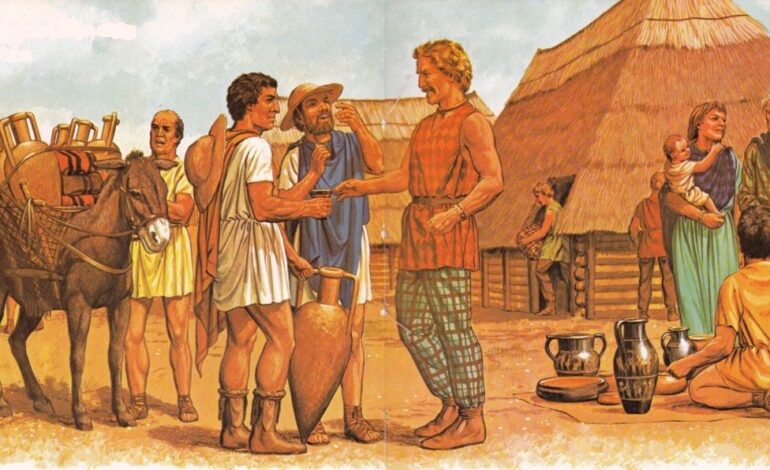
In a rapidly changing world, ancient cultures face challenges to their survival. Yet, modern lifestyles offer new tools and platforms to preserve these rich heritages. From technology to sustainable practices, the interplay between the old and the new is reshaping how we honor and maintain ancient traditions.
The Resurgence of Cultural Identity
Amid globalization, there is a growing interest in cultural roots. Movements celebrating indigenous identities, traditional clothing, and local dialects reflect a collective effort to reclaim and celebrate heritage. These efforts are crucial in ensuring that cultural uniqueness thrives in the face of homogenization.
Globalization: A Double-Edged Sword
While globalization connects cultures, it also threatens to dilute them. Fast food chains and mass media often overshadow local traditions. However, globalization also enables cross-cultural appreciation, as people become exposed to a broader spectrum of customs and values.
Reviving Languages Through Modern Tools
Languages are carriers of culture, and their extinction signifies the loss of entire worldviews. Apps like Duolingo and Memrise offer language learning modules for endangered languages. Digital dictionaries and archives ensure that ancient tongues remain alive in the digital age.
Sustainable Living Inspired by Ancient Practices
Traditional ecological knowledge, such as crop rotation and water conservation, offers valuable lessons for today’s sustainability challenges. Ancient practices are being revived to address climate change, blending historical wisdom with modern innovation.
Traditional Crafts in a Modern Marketplace
The global demand for handmade and traditional goods has given artisans a platform to showcase their work. Online marketplaces like Etsy enable local crafts to reach global audiences, promoting economic sustainability for traditional communities.
Cultural Education in the Digital Age

Virtual tours of museums, interactive online classes, and educational platforms like Khan Academy make cultural education accessible to a global audience. These initiatives ensure that ancient traditions are not only remembered but also actively learned.
Culinary Renaissance: Ancient Recipes in Modern Kitchens
Chefs and home cooks are rediscovering ancient grains like quinoa and millet, along with traditional cooking methods. This culinary renaissance highlights the nutritional and cultural value of ancestral diets, making them relevant for contemporary tastes.
Festivals: Blending Tradition and Innovation
Modern festivals often mix traditional elements with contemporary themes. For instance, Holi celebrations now include musical performances and eco-friendly colors, maintaining cultural roots while appealing to newer generations.
Conclusion
The convergence of modern lifestyles and ancient cultures is a testament to humanity’s ability to adapt while preserving its roots. By leveraging technology, education, and creativity, we can ensure that cultural heritage not only survives but thrives in the modern era.


